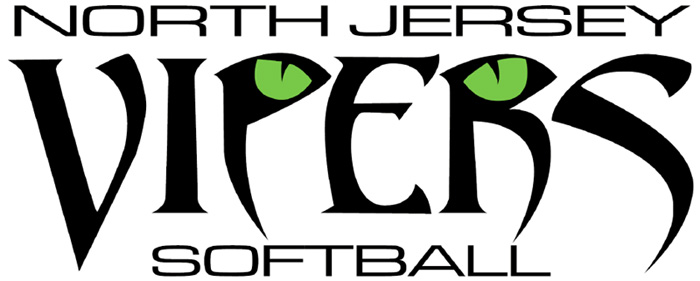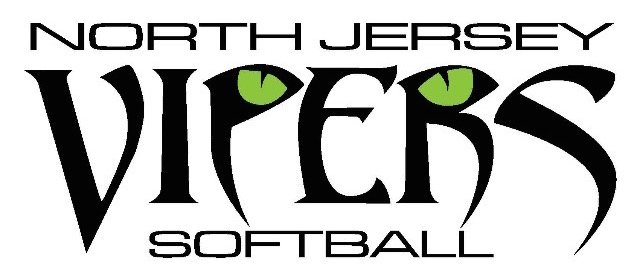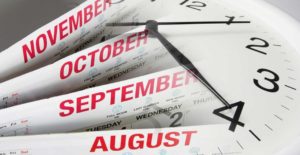College Contact Information And The 2018/19 D1 & D2 Softball Recruiting Calendar
Shared With Vipers Organization For Informational Purposes Only.
The NCAA Recruiting Calendars outline when—and how—NCAA DI and DII college coaches can proactively start recruiting athletes. With the recruiting process starting earlier and earlier, however, the dates don’t represent when recruiting really starts for student-athletes. In fact, most athletes start their recruiting process well before the dates outlined on the calendar. As early as eighth grade, families are researching colleges, evaluating what division level is best for their athlete, ensuring they are on the path to NCAA eligibility and even proactively reaching out to college coaches.
However, it’s still important to know the different periods in the NCAA Recruiting Calendar to understand how you should be getting recruited at that point during the year, as well as the kind of communication you can expect to receive from a coach. For example, if it’s October of your junior year in high school and you haven’t heard from a single coach, you have some work to do. If it’s October of your sophomore year of high school, you shouldn’t expect to hear from coaches, but you probably should be making progress on your recruiting journey.
Overall, the NCAA Recruiting Calendars seek to protect elite athletes from receiving overwhelming amounts of communication from college coaches by designating certain time periods when coaches cannot contact athletes. The NCAA explains, “Recruiting calendars help promote the well-being of prospective student-athletes and coaches and ensure competitive equity by defining certain time periods in which recruiting may or may not occur in a particular sport.”
Insider Tip: No matter the time or date, you as a student-athlete can always initiate contact with a coach. The rules only enforce when coaches can initiate contact with you.
Division I Softball Recruiting Calendar, 2018/19
The NCAA restricts which camps and clinics college softball coaches and their staff members are allowed to work at. The rules state that coaches and their staff members can only work at events off their campus if they take place during periods where evaluations are permitted at non-scholastic practices or competitions. This is something that coaches know to comply with, so families generally don’t have to worry about it. However, when looking at attending events for exposure, keep the evaluation periods in the back of your mind, and avoid attending off-campus camps or clinics during evaluation periods where coaches can only attend scholastic practices and competitions.
- Aug. 1-12, 2018: Contact period
- Aug. 12 – Oct. 12, 2018: Evaluation period for scholastic practice and competition activities only
- Oct. 13-14, 2018: Evaluation period for scholastic and non scholastic practices/competition
- Oct. 15-19, 2019: Evaluation period for scholastic practice and competition activities only
- Oct. 20-21, 2018: Evaluation period for scholastic and non scholastic practices/competition
- Oct. 22-26, 2018: Evaluation period for scholastic practice and competition activities only
- Oct. 27-28, 2018: Evaluation period for scholastic and non scholastic practices/competition
- Oct. 29 – Nov. 2, 2018: Evaluation period for scholastic practice and competition activities only
- Nov. 3-4, 2018: Evaluation period for scholastic and non scholastic practices/competition
- Nov. 5-9, 2018: Evaluation period for scholastic practice and competition activities only
- Nov. 10-11, 2018: Evaluation period for scholastic and non scholastic practices/competition
- Nov. 12-15, 2018: Dead period
- Nov. 16, 2018: Evaluation period for scholastic practice and competition activities only
- Nov. 17-18, 2018: Evaluation period for scholastic and nonscholastic practices/competition
- Nov. 19 – Dec. 4, 2018: Quiet period
- Dec. 5-8, 2018: Dead period
- Dec. 9, 2018 – Jan. 1, 2019: Quiet period
- Jan. 2 – May 27, 2019: Evaluation period for scholastic practice and competition activities only
- May 28 – June 5, 2019: Dead period; these dates are based on the 2019 NCAA Division 1 Women’s Softball Championship. The dead period remains in effect until the day following the final day of competition, which could be either June 4 or June 5.
- June 6 – July 31, 2019: Contact period; the contact period starts the day following the final game
- Any high school regional and state championship competition that doesn’t occur during a dead period should be treated like an evaluation period.



